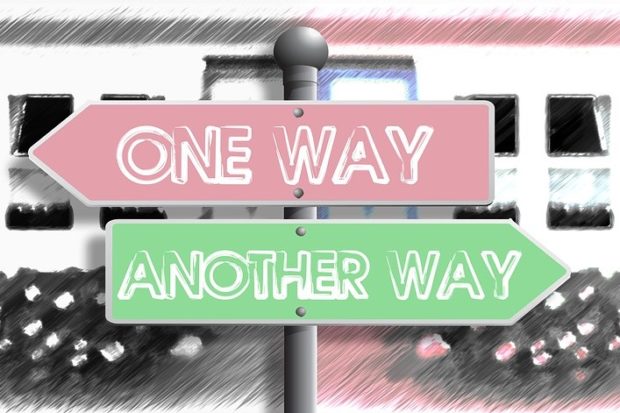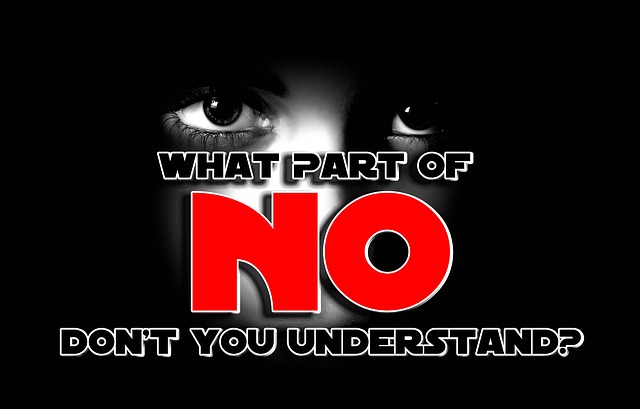Saying NO to the Status Quo

The saying “that’s just the way things are done around here” isn’t a sign of things being done the right way.
What many don’t realise is that the exact reference “The way things are done” is literally the culture of an organisation. It sets the tone of what is acceptable and what isn’t. This is why it needs to be led by the top. One of the many reasons having the right chair, board and CEO of an organisation is absolutely crucial.
Throughout my entire career I have been (and still am) told I am ahead of my time. It is a very dismissive thing to say and used as a justification for organisations and people who don’t like change and want to avoid implementing anything that could make them uncomfortable or even irrelevant.
The reality is, I’m not ahead of my time, they were and are still behind the times.

Did this attitude stop me? Absolutely not. It did however force me to build my own companies which in hindsight was a blessing as I have created a culture that is encouraging, pioneering, supportive and fun. Now those people who dismissed me previously are keen to see how they can work with one or more of my brands.
So this year for Women’s History Month I want to encourage women to stop accepting a status quo that is unhealthy or unproductive and also to tune in to their instincts when it comes to change making for the better. In other words, don’t listen to the opinions of others when you know what they are saying is self-serving or simply wrong.
Yes, learning to say no to the status quo takes courage. It is like building a muscle, it takes time however the more you do it over time the stronger you become. It is also character building and qualities of leadership.
However, don’t assume making such a change needs to be overly dramatic or shocking. We each have a role to play in turning culture around. It doesn’t need to be a tsunami of change, but hundreds or thousands of women doing what they can, where they are, to make an impact.
Never underestimate the power in numbers. If we are making a small change across the country in every conversation, meeting or decision, then over time you will see change.

Also, understanding the many ways in which you can kick start change is important. For example, silence is a powerful way to speak up. I personally use silence as a way to express my disapproval. For example, choosing not to respond to crude jokes in a meeting may be all you feel comfortable doing but wow does it send a message to everyone in the room.
Sometimes simply by doing what is right you are highlighting what others are doing wrong, without having to say a word.
Of course, moving up the ranks, if you’re a manager or team leader, insisting and negotiating for your entire team to be paid equally for the work they do is another powerful step towards positive cultural change.
Another way to change the status quote is to support the wonderful and adventurous ideas of those around you and who report to you. Encourage people to make a change with new ideas and a pioneering spirit. Encourage diversity of thought and opinion. Show others with your actions that you are supportive, engaging and respectful.
A big tip is confidence. The more confident you are in your ability and your vision, the easier it is to encourage and facilitate change. On the flip side, those who hold tight to the status quo, even when it is damaging for all involved, is often a sign of fear and lack of self-confidence. That’s why leading change where you are with what you have is a great way to highlight good proactiveness and the ‘new way to lead’ instead of pointing out the foolishness of others.
And ultimately if you are in the executive leadership team or a board member, you have the most influence when it comes to saying no to the wrong status quo. You may not be the most popular person in the room in doing so but I guarantee a majority of people will follow your lead if you are the one who decides to implement a newfound respect for everyone from the top down.
Never underestimate the difference you’re making (even if it is small in your eyes).
This guest post was authored by Amanda Rose
Amanda is the founder & publisher of Business Woman Media, Founding Director of Western Sydney Women & Western Sydney Executive Women, Managing Director of Western Sydney Advisory, Founder & CEO of Small Business Women Australia and non-executive Director at Excelsia College.

